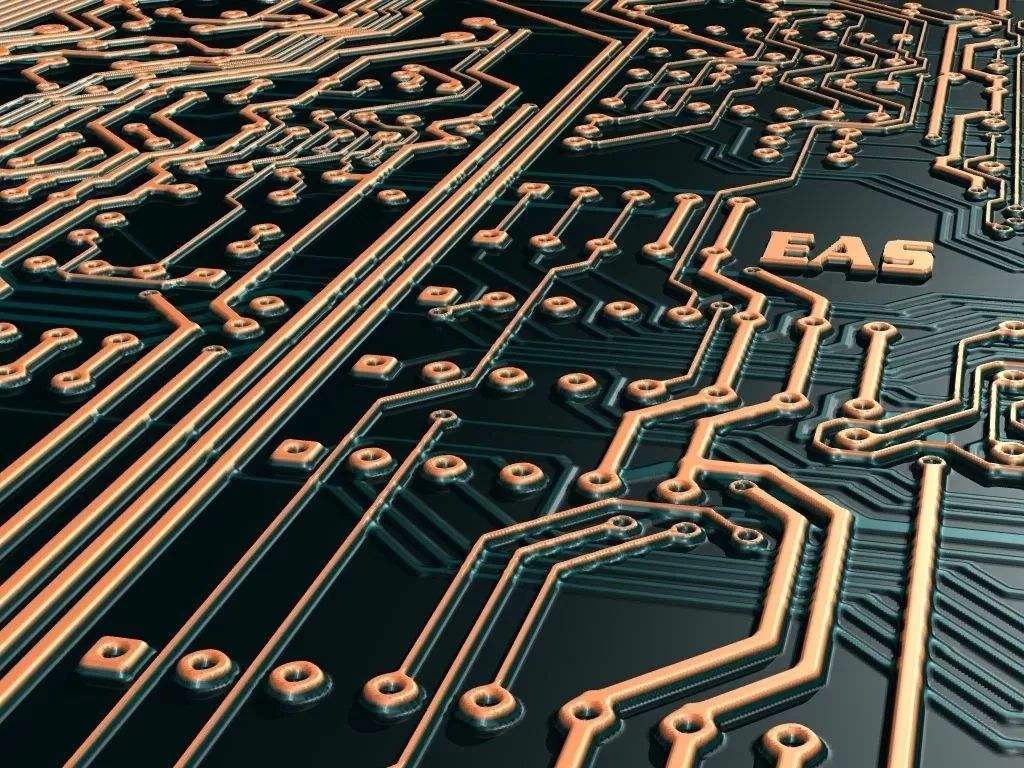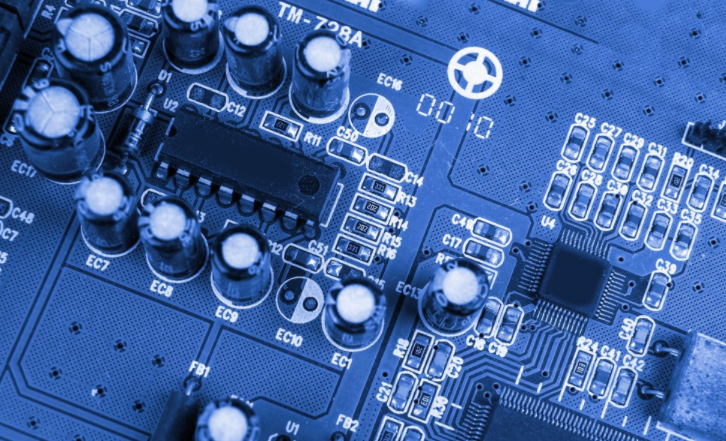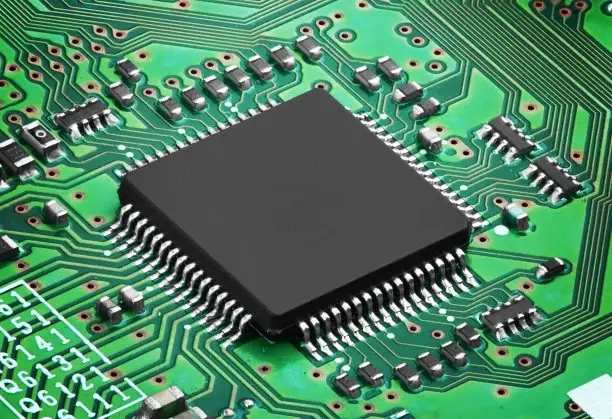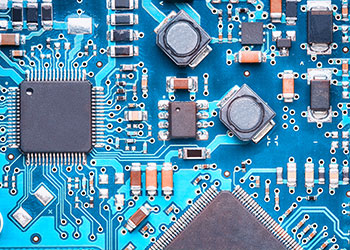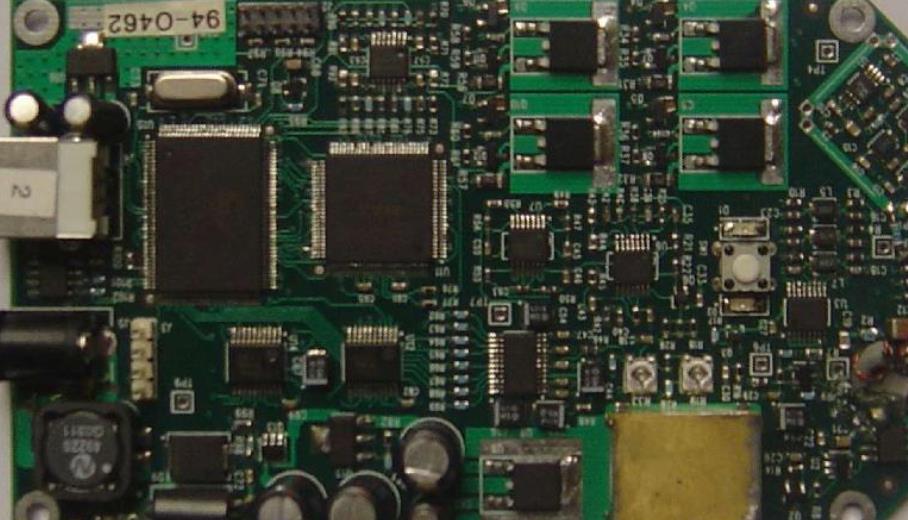What is electromigration? Analysis of IC Electromigration in PCB
We all hope that PCB can be completely conductive and stable, but this is not the case The real world is not composed of perfect conductors and insulators surrounded by vacuum. The electrIC field will interact with conductors and substrates in the actual system Whether designing IC or PCB, it is necessary to consider the important influence of imperfect electronic products: electromigration What is electromigration? Why did it happen? More importantly, how to prevent? A SIMple electromigration analysis of PCB and IC The purpose is to prevent short circuit and open circuit of these devices under different conditions Some industry standards have been formulated for this purpose You need to understand these standards and how electromigration can cause new equipment to fail
Electromigration in electrons
As more components are stacked in a SMAller space, the electric field between two conductors with specific potential difference becomes larger This has LED to some safety problems in high-voltage electronic equipment, especially electrostatic discharge (ESD) The high electric field between two conductors separated by air will lead to dielectric breakdown of air, thus generating arc and current pulse in the surrounding circuit In order to prevent these PCB boards or other devices from discharging, there should be a certain distance between the conductors, which depends on the potential difference between the conductors The above clearance distances are very important for safety and equipment failure prevention, but also for the distance across the substrate Another point to consider is the distance between conductors passing through the dielectric In PCB, this is called creepage distance When the distance between conductors is small, the electric field may be large, resulting in electromigration When the current density in a conductor is large (in IC), or when the electric field between two conductors is large (in PCB), the mechanism driving electromigration can be described as exponential growth You can use three levers to pull in your design:
Spacing between newly added conductors (in PCB board); Reduce the voltage between conductors (in PCB board); Operate the device at a lower current (in the IC).
Electromigration in IC: open circuit and short circuit
In IC interconnection, the main force is not the electric field between two conductors and the subsequent ionization. On the contrary, solid state electromigration is due to the electron momentum transfer (scattering) at high current density, which causes the metal to move along the path of the conducting circuit (in this case, the metal interconnect itself). The migration speed increases with the increase of interconnect temperature. The forces involved in copper electromigration are as follows. Wind force refers to the force exerted on metal ions due to the scattering of electrons from metal atoms in the lattice. This repeated ionization and momentum are transferred to free metal ions, causing them to diffuse to the anode. The migration process has activation energy. When the energy transferred to the metal atom exceeds the Arrhenius activation process, the directional diffusion starts under the guidance of the concentration gradient (Fick's law). When the metal is pulled to the surface of the conductor, it starts to build a structure that can bridge two conductors, causing a short circuit. It also depletes the metal on the anode side of the interconnect, causing an open circuit. The SEM image below shows the result of extended electromigration between two conductors. When metal migrates along the surface, it will leave a gap (open circuit) or produce whiskers connected with adjacent conductors (short circuit). In extreme cases with through holes, electromigration may even deplete the conductors under the coating.
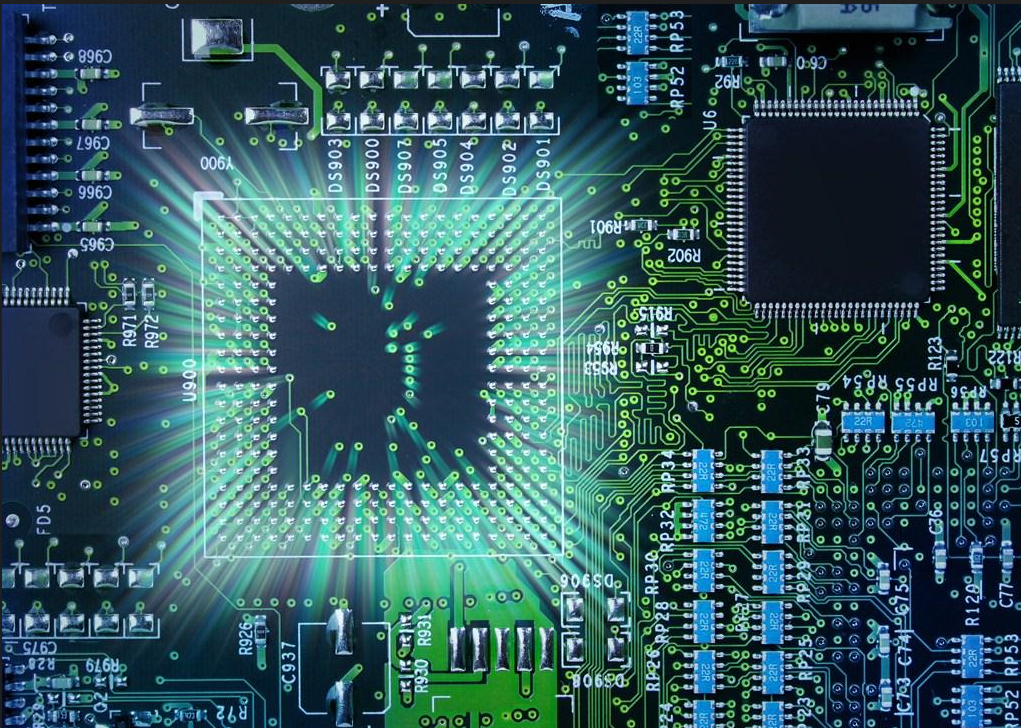
Electromigration in PCB: dendritic growth
Similar effects occurred in PCB, resulting in two possible forms of electrification:
As described above, the electromigration along the surface and the formation of transistor salts lead to the electrochEMIcal growth of dendritic structures These effects are controlled by different physical processes The current density between the two conductors may be low because the size of the metal trace is very large compared to the cross section of the IC interconnect In this case, migration will occur at high current density, causing the same type of stub to grow over time On the surface layer, when the conductor is exposed to air, subsequent oxidation may occur In the second case, electromigration is an electrolytic process This field drives the electrochemical reaction in the presence of water and salt Electrolytic electromigration requires water on the surface and high direct current between the two conductors, which will drive the electrochemical reaction and the growth of dendritic structures The migrated metal ions dissolve in aqueous solution and diffuse to the entire insulating substrate The new distance between adjacent conductors will reduce the electric field between them, thus inhibiting the reaction driving electrolytic electromigration The electromigration analysis in the new layout needs to check the design to ensure that the trace gap does not violate the design rules or industry standards If you can use some basic PCB board or IC layout tools, you can check the layout according to these rules and find any violations With the shrinking of integrated circuit board, electromigration analysis will become more and more important to ensure reliability


